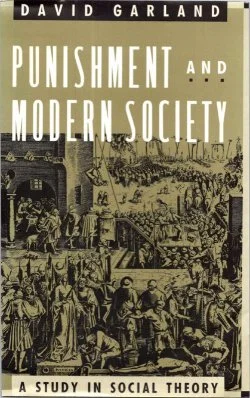Michael L. Walker
Marshaling ethnographic data from a county jail, this study introduces “autonomy”—a novel concept and measurement of the degree to which an actor's exchange initiations are regulated by other exchange relations. This study rearticulates mutual dependence arguments about the social order of penological living in terms of social exchange theory and offers several innovations: 1) the structural forms of exchange relations in a penal housing unit stratify “carceral autonomy” across members of a social order; 2) diminished carceral autonomy contributes to the buildup of “exchange frustration”—the mixture of discontent and sadness experienced when goals cannot be achieved due the structure of an exchange network; 3) deprivations, inefficacies, and imported cultural standards contribute to what is exchanged and with whom in a penological setting; 4) caretaking in penological housing units is as much about maintaining social order through a form of generalized exchange as it is about network members helping each other; and 5) the emotional landscape of penological living can be mapped, in part, by examining the distribution of carceral autonomy and exchange frustration.
Criminology, Volume 61, Issue 4 November 2023, Pages 1022-1044



